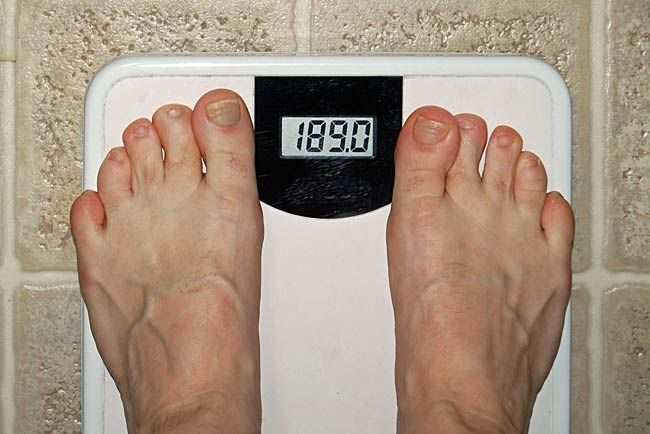Overweight Undergrads Aim to Stay So

One in two overweight college students envision an ideal body that is still bigger than the recommended upper limit, a new study suggests.
"About half of the overweight women, and more than half of overweight men we surveyed have an ideal weight that would keep them classified as overweight," said lead study author Lori Neighbors, a registered dietician and assistant professor of nutrition at Cornell University in New York.
Neighbors showed students a pictured scale of body shapes, from thin to large, and had them select one they thought represented their current body type. Then she had them pick the most ideal body, in addition to current and desired weight.
It's not that fat students want to remain fat, Neighbors said. Rather, they are aware of the difficulty of shedding pounds.
"I think what might be happening here is that a lot of overweight people are going for a size that is attainable or realistic to them," Neighbors told LiveScience.
Fifty percent of the underweight women surveyed by Neighbors, on the other hand, said that they would like to maintain an unhealthy slimness—or shed even more pounds.
"Thinner women might receive some social benefits that encourage them to keep their thin status," Neighbors said, although she said the study did not address what those benefits might me. "We need to find some ways to take focus off of a thin ideal and look out for their health."
Sign up for the Live Science daily newsletter now
Get the world’s most fascinating discoveries delivered straight to your inbox.
Overweight individuals are more likely to prematurely perish from cardiovascular disease, cancer and kidney failure, while underweight people face the risks of anemia, bone loss and heart irregularities. An untimely death is significantly higher for both categories.
Neighbors noted that while the desires of the 310 undergraduate students surveyed may not hold true for all college-aged people, the findings are intriguing—especially in light of new research suggesting friends may play a major role in body size acceptance.
"What I want to know is, how do people pick their ideal size, and are the influences changing over time?" she said. "Is the Hollywood vision of bodily perfection becoming less influential while social networks—people's friends and family—become more influential? I think this is fascinating stuff."
The research, detailed in a recent edition of the journal Eating Behaviors, was funded primarily by the National Institutes of Health.












